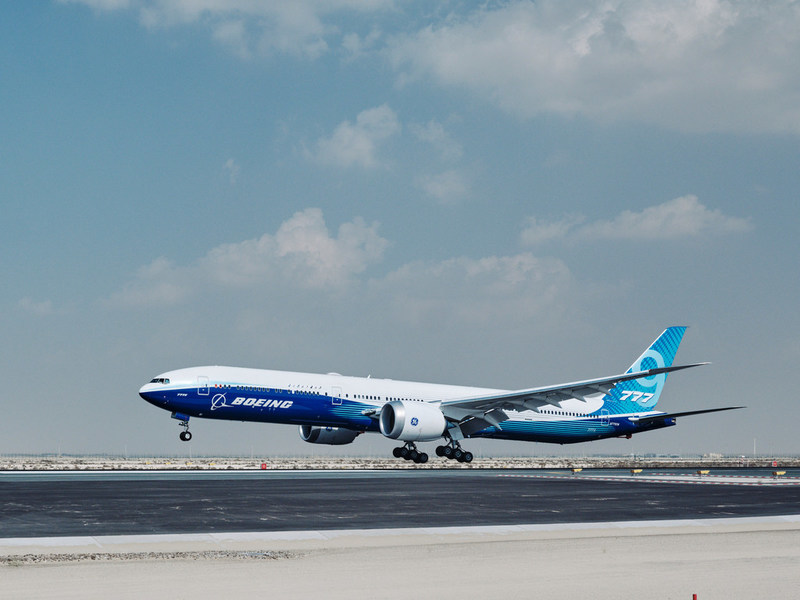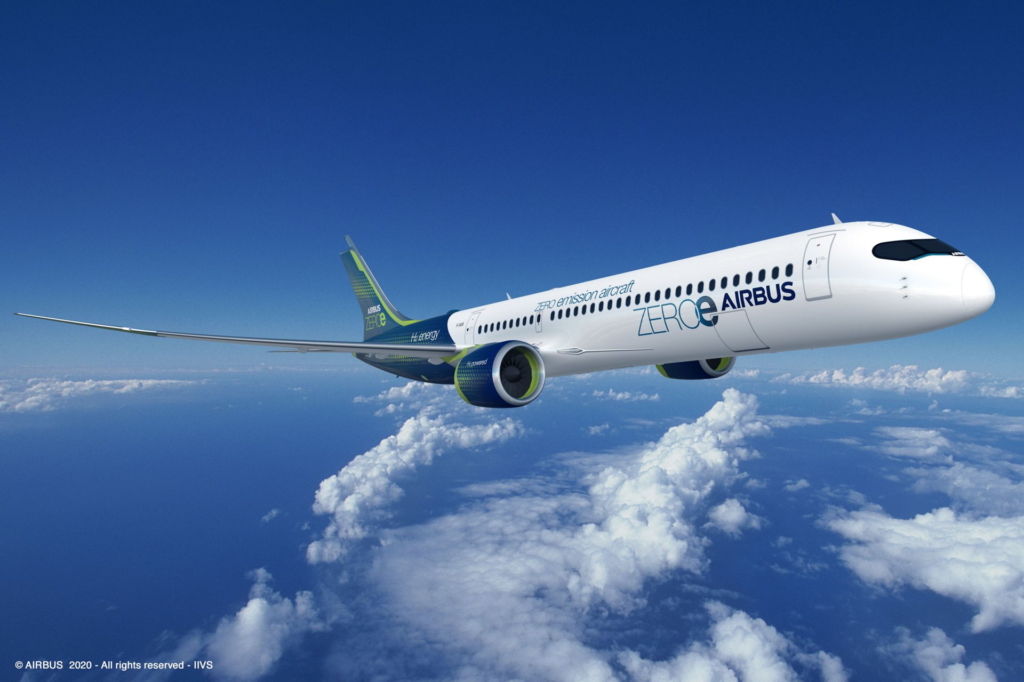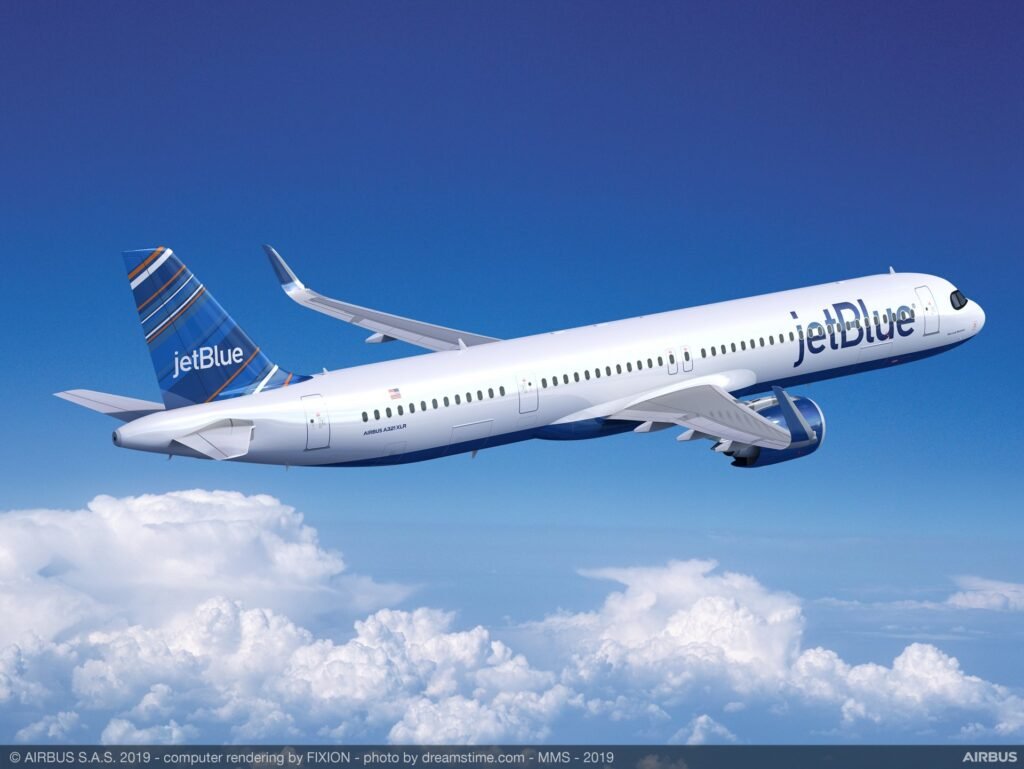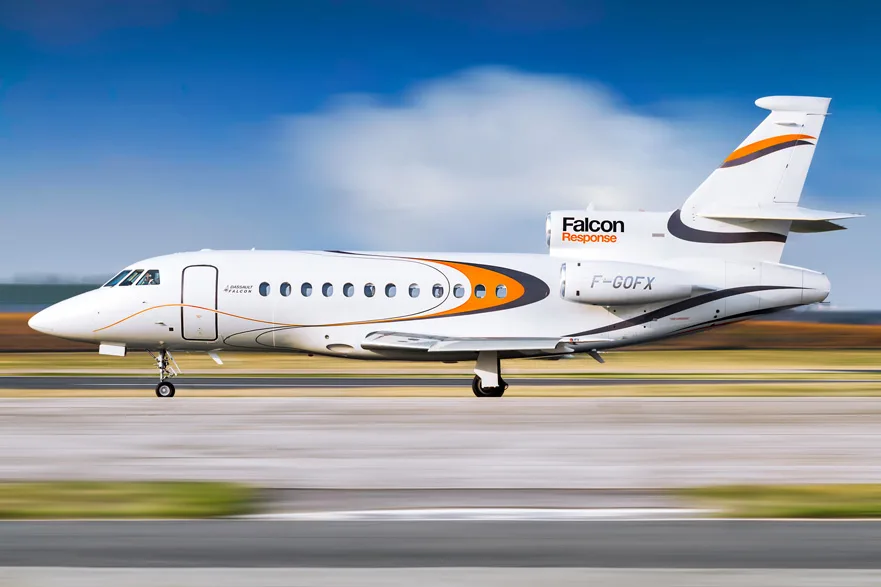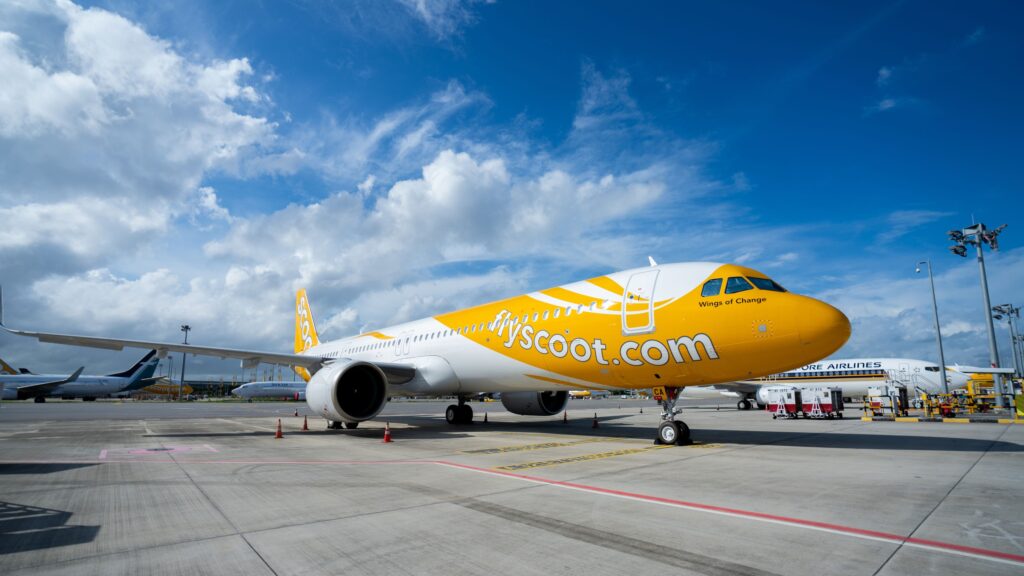Boeing 777X Arrives in Dubai for 2021 Dubai Airshow
DUBAI, United Arab Emirates, Nov. 9, 2021, PRNewswire - The new Boeing [NYSE: BA] 777X arrived at Dubai World Central at 14:02 p.m. (GST) today, ahead of the upcoming Dubai Airshow. The airplane will be on static display and featured…
